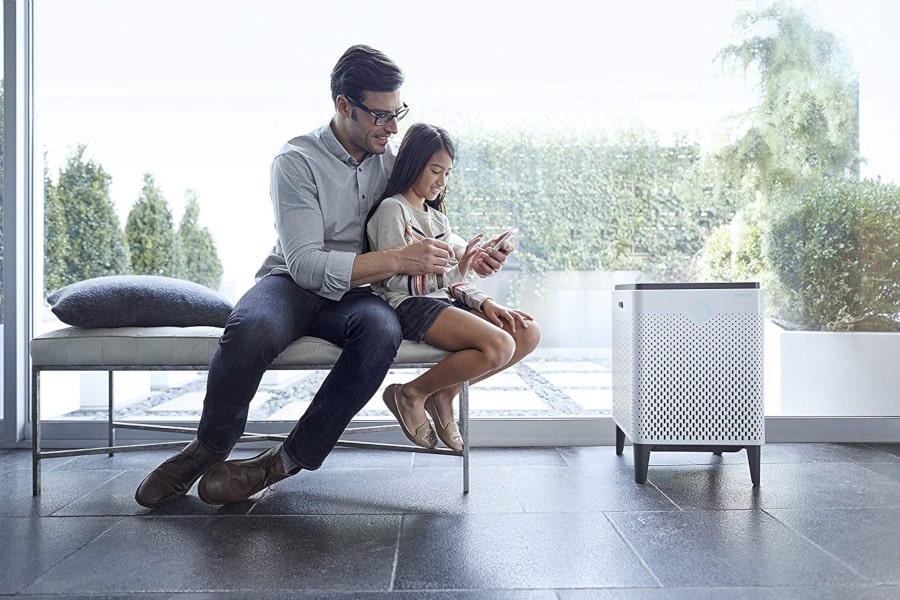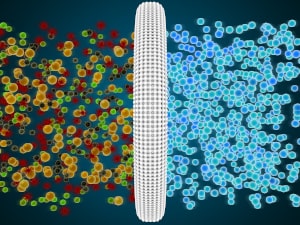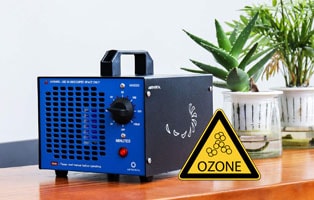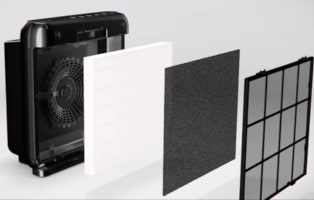What is an Air Purifier, and how can it improve your home?
There’s a lot of hype around air purifiers. They come in all shapes and sizes, from many manufacturers, with prices that range from budget-friendly to a luxury item. They’re geared heavily toward allergy and asthma sufferers who may benefit from the removal of common irritants such as dust, pollen, pet dander, and mold.
However, air purifiers operate in very different ways, some of which may be more beneficial to you than others. Before you rush out and spend several hundred dollars on the newest model, take some time to learn why you might want one in your home.

What exactly do air purifiers do?
Simply put, they remove pollutants from the air in a room to improve air quality. These contaminants include, but aren’t limited to, dust, pollen, pet dander, mold, ragweed, dust mites, paint fumes, pesticides, and second-hand smoke. Such particles can cause health issues ranging from mild to severe in allergy sufferers, asthmatics, and anyone with a compromised respiratory system.
These devices purify the air in one of two basic ways: active or passive. Active air purifiers use ionization or electrostatic precipitation to clean the air, while passive purifiers use filters. Passive purifiers are generally thought to be more efficient, as they trap and permanently remove particles from the air.
Filtration methods trap pollutants within the fibers of reusable or disposable filters. The most common and effective filtration method is a HEPA (high-efficiency particulate absorber) filter. They work better than regular air filters because they catch up to 99.97% of particles as small as .3 microns. This includes many bacteria and some viruses.

Ionization purifiers work a little differently. They produce ions that disperse through the air and attach to pollutants. This makes the particles heavy, so they fall on the floor or other flat surfaces, where they must be vacuumed or dusted to remove them. Some of these have an electrostatic plate that collects the particles. Even so, these aren’t quite as thorough as filtration air purifiers.
Other types of air purifiers include: UVGI (ultraviolet germicidal irradiation), activated carbon, polarized-media electronic, PCO (photocatalytic oxidation), immobilized cell technology, ozone generators, titanium dioxide technology, and TSS (thermodynamic sterilization).
Would you benefit from an air purifier?
For most people, the answer is yes. Particularly if you…
- Suffer from allergies and/or asthma. Air purifiers can help relieve your symptoms by removing pollutants that trigger them.
- Have someone in your family who has a compromised immune or respiratory system.
- Want to ensure your air is as toxin-free as possible to enhance your health.
Besides making your air healthier, air purifiers have other benefits that you might appreciate:

- Removing unpleasant odors. Some smells from cooking and pets tend to linger. Air purifiers with activated carbon can remove those odiferous particles so your home smells fresher without the use of chemical air fresheners.
- Neutralizing smoke. Whether it’s from your cigarettes or your visiting uncle and his cigars, or even your fireplace, smoke can settle into all your interior fabrics. Air purifiers can trap the smoke before it settles in so your upholstery keeps smelling fresh.
- Preventing airborne germs from spreading. Good HEPA filters, especially those with UV bulbs, capture and neutralize up to 99% of airborne germs so they’re less likely to infect other family members.
- There’s one for every room. Air purifiers come in a wide array of sizes and have features that work well for many different types of spaces, whether it’s a kitchen, bedroom, bath or basement.
What should you look for when shopping for an air purifier?
Depending on your individual needs, there are certain features you’ll want to consider before purchasing an air purifier.What to avoid in air purifiers
Consumer Reports advises against ozone-producing air purifiers except for those used in commercial or industrial settings. They can be valuable in removing smoke, mold, and odors in disaster areas and crime scene cleanup. In California, there is now regulation against air purifiers that produce ozone beyond the legal limit.

Air Purifier Tips & Tricks




Hi,
I am a middle school student working on a project. Could you please point me to scientific studies conducted on beeswax candles and how they purify air? Any help or advice is greatly appreciated. Thanks.
There is a lot of pollution where I live. I have been thinking for a long time about buying an air furifier. But there were many questions in mind. I found out today after your blog post, thank you.